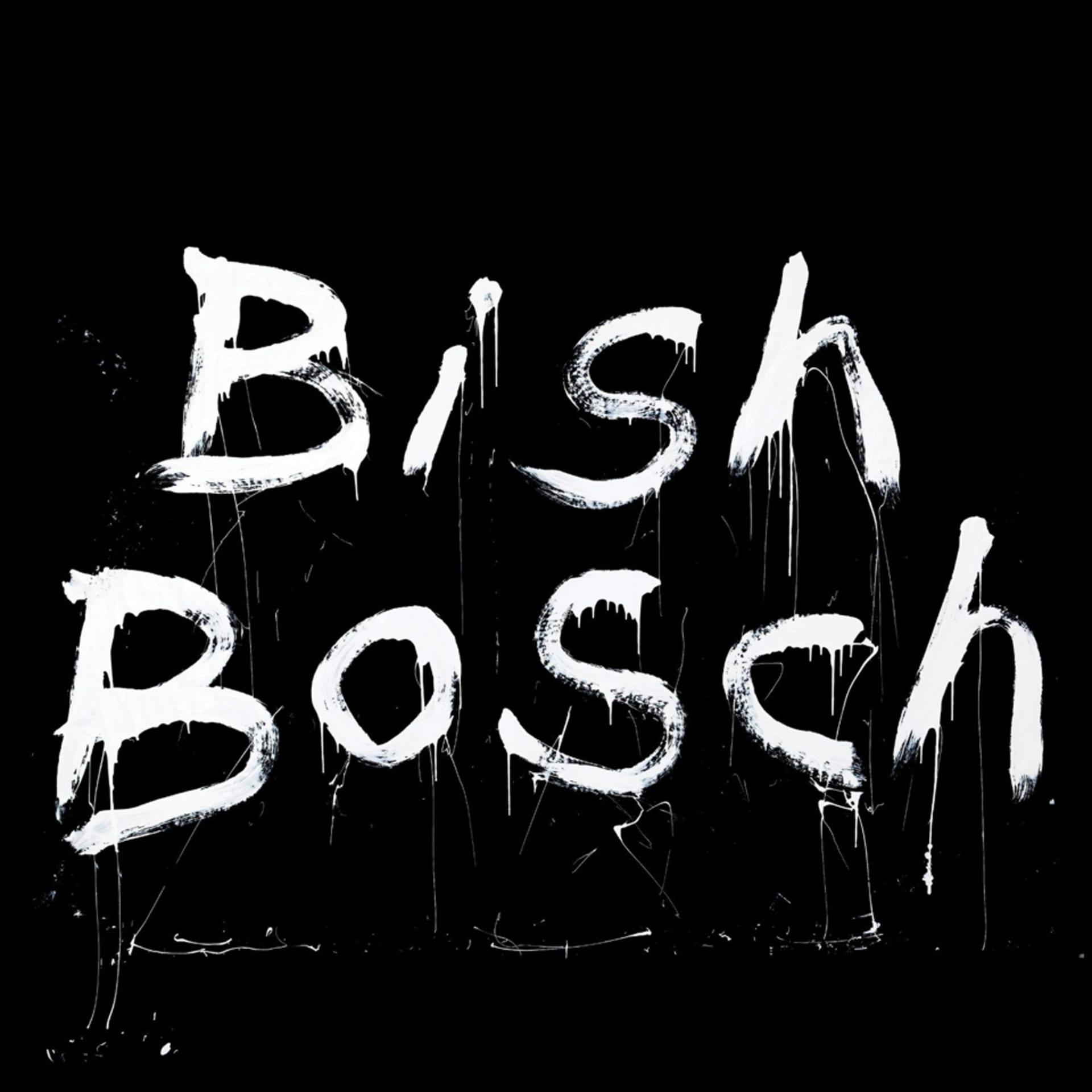
Chris Bohn recommends Scott Walker’s Bish Bosch
The last of the modernists, Scott Walker has been fighting a lone rearguard action to reverse the twentieth century’s vanishing hold on the popular memory since 1995, when he came out of hiding to release Tilt—his first new record in 11 years. It took him just as long again to follow it up with The Drift in 2006. Now on a roll of sorts, Walker wrote and recorded his latest album, Bish Bosch, in just three years. Its release completes a loose trilogy of late-period Walker works, over the course of which he developed and refined a whole new kind of art song, constructed from a discredited modernist blueprint. OK, I know that describing Walker as a modernist—indeed the very last of the modernists—is only so helpful and not a little problematic. Modernism has so many faces, and it’s near impossible to find a perfect match. It’s difficult to imagine Walker answering Ezra Pound’s 1934 call for modernists to “make it new”, as his mind just doesn’t move that fast. Instead, on the jacket of his 1969 album Scott 4, he quoted Albert Camus: “A man’s work is nothing but this slow trek to rediscover, through the detours of art, those two or three great and simple images in whose presence his heart first opened.” In the four decades since, Walker has journeyed even further back in time to find a meaningful way of addressing the horrors unfolding all around him: specifically, the collapse of communist Eastern Europe, the breakup of Yugoslavia, and still unresolved issues passed down from the Second World War. At last he found in early twentieth century modernism both a philosophical model and an analytical tool for transforming trauma and alienation into song. Walker’s new music is much closer in spirit to James Joyce’s time-stretching stream of consciousness prose, capturing all that unspools before his eyes in everyday life, than Pound’s injunction. As Joyce’s alter ego Stephen Dedalus says in Ulysses: “‘History’ is a nightmare from which I’m trying to wake.”
Walker has firmly stated that there’s nothing at all intentionally avant-garde in his music. The words always come first, and he shapes the music around them, each song according to its own needs. If the contents of a song require a Mantovani theme, he’ll write one for it. Tilt observes a more formal trade-off between word and sound, with electric chamber arrangements fencing Walker’s single-malted baritone, here ranged slightly higher to strangely discomfiting, haughty effect. On The Drift and Bish Bosch, he underlines his narratives with non-musical sonic mimicry, just to be double sure that the music stays true to his words. Especially on Bish Bosch, the music sometimes gets so literal and bleeding obvious, it’s just plain silly. Yet the very silliness of it all serves to open up this difficult music. Walker is far too uptight and controlling to fully take on Joyce’s stream-of-consciousness methods, but Bish Bosch is positively Joycean in its dirty celebration of the body. On “Corps De Blah”, he sings, “Ah, my old /Scabby Sachem / a sphincter’s tooting our tune” just after a chorus of farts breaks the song’s somber tone. Of course, it sounds horribly juvenile, and quite shocking for nice, well brought up types like myself. And it’s the last thing you’d expect to hear on a record by Scott Walker. But such scatological and absurdist humor ameliorates Bish Bosch’s otherwise bleak panorama of hell, with recurring images of decaying flesh, naked bodies, testicles and sphincters exposed.
Of course, it has its purpose. Bish Bosch reflects on the extent to which the twenty-first century is still so informed by the wars and carnage of the twentieth. The album’s closer, “The Day the ‘Conducator’ Died (An Xmas Song)”, is about the execution of Nicolae and Elena Ceausescu on Christmas Day, 1985. Can’t say I was sorry to see them go, but Walker’s evocation of their final moments is immensely poignant. The bare narrative is built up from the multiple-choice answers of a questionnaire and a recurring accusation about the firing squad not waiting for the command to fire. Without endorsing or praising the regime, Walker has stretched the boundaries of empathy, as good art should, taking you inside the minds of great dictators after they have been left looking small, greedy and vain, but also very human.
The album’s standout track is the twenty-one-minute epic “SDSS1416+13B (Zercon, A Flagpole Sitter)”. Here, Walker makes massive leaps across time to interweave overlapping narratives about an astronomical brown dwarf (sub-stellar object which revolves around stars) and Zercon, a historical brown-skinned jester in the court of Attila the Hun. The latter’s embarrassing vaudeville routines are interspersed with mysterious cosmological events in a dream warp of surrealism. Much of the song is given over to the jester’s jokes and one-liners, which are truly terrible, and each is greeted by a deathly silence as they die on the vine. How does Scott Walker make this succession of bad jokes, ugly sonics and baffling narrative leaps all work together? Brilliantly, if you’re prepared to plunge to the depths of his music and find out just how much weight a song can really carry. ~
—
Chris Bohn is the longtime editor of British avant-garde music magazine The Wire. This recommendation is a preview of the upcoming issue of Electronic Beats Magazine that will be released in mid-December. In the Fall 2012 issue of Electronic Beats Magazine, Bohn recommended Project UNDARK’s Radium Girls 2011.
Published December 09, 2012. Words by Chris Bohn.
